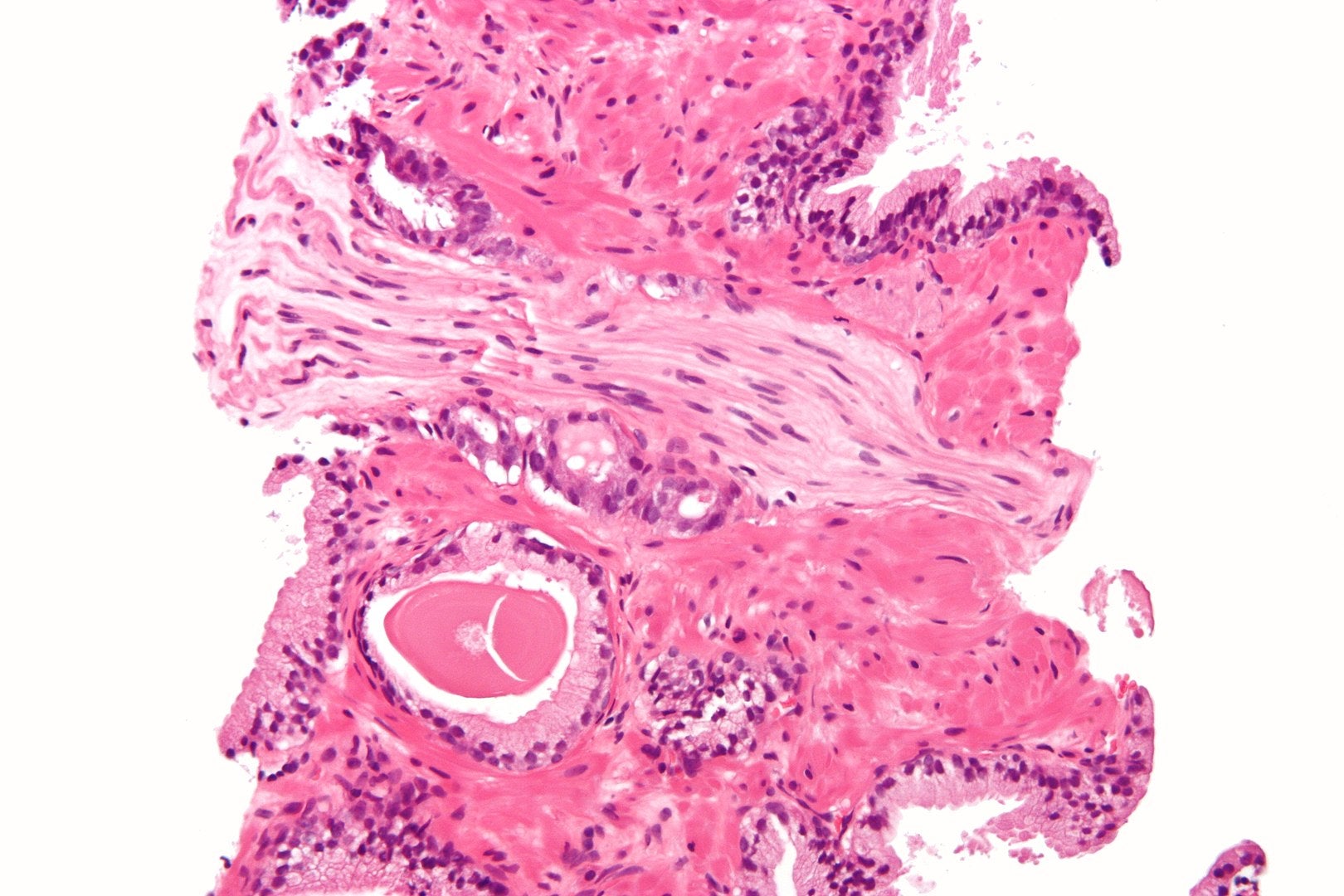
Clinical-stage biopharmaceutical company Forma Therapeutics has announced the dosing of the first patient in Phase I clinical trial of FT-7051 in men with metastatic castration-resistant prostate cancer (mCRPC).
FT-7051 is a selective CREB-binding protein/E1A binding protein p300 (CBP/p300) inhibitor and co-activator of androgen receptor (AR).

Discover B2B Marketing That Performs
Combine business intelligence and editorial excellence to reach engaged professionals across 36 leading media platforms.
Prostate cancer is the second leading cause of cancer death in men in the US, while mCRPC is the advanced stage of the disease. Prostate cancer cell growth is driven by AR activity.
The multi-centre, open-label study will analyse the safety and tolerability, preliminary anti-tumour activity (PSA and radiographic responses) and pharmacokinetics/pharmacodynamics (PK/PD) of FT-7051.
Men with mCRPC who have progressed in spite of previous therapy and have received at least one potent anti-androgen therapy will be part of the trial.
Forma Therapeutics chief scientific officer David Cook said: “While a patient with mCRPC may initially respond to standard anti-androgen therapies, a significant unmet need persists since nearly all patients ultimately become resistant to these treatments.

US Tariffs are shifting - will you react or anticipate?
Don’t let policy changes catch you off guard. Stay proactive with real-time data and expert analysis.
By GlobalData“Initiating enrollment in this Phase I trial is an important step toward our goal of providing mCRPC patients with an additional therapeutic option to treat this severe illness.”
The Phase I study has late-line patients and those with AR-v7 splice variants with no approved treatment at present.
It has an adaptive design and is aimed to speed up the escalation to potentially therapeutic doses and obtain vital safety information.
Forma noted that in prostate cancer cell lines in vitro, the treatment showed to hinder AR-dependent gene expression and lowered androgen receptor expression.
Furthermore, it demonstrated antiproliferative activity in AR-positive prostate cancer cell lines, such as resistance variant AR-v7 positive models.





